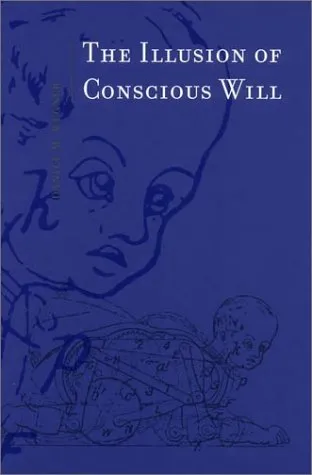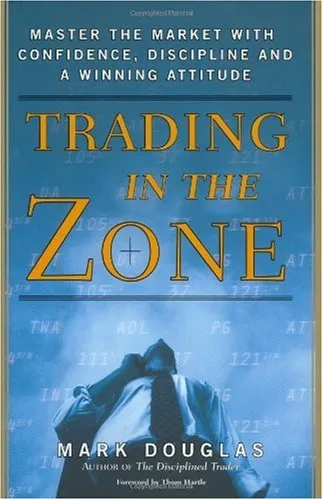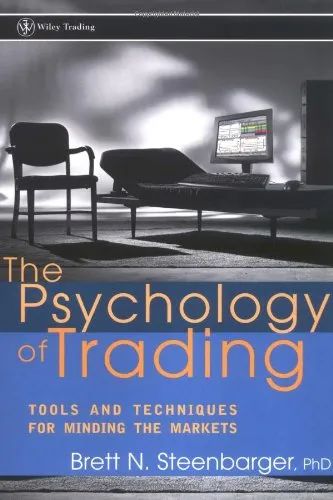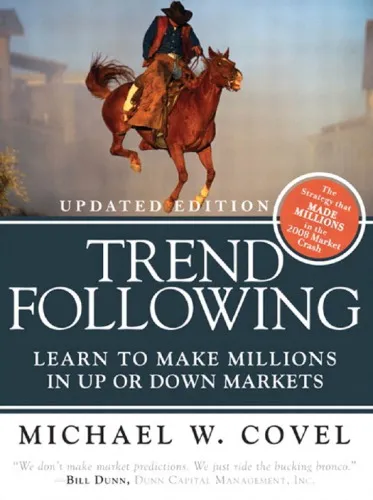The Illusion of Conscious Will
4.5
Reviews from our users

You Can Ask your questions from this book's AI after Login
Each download or ask from book AI costs 2 points. To earn more free points, please visit the Points Guide Page and complete some valuable actions.Related Refrences:
Welcome to the intriguing and thought-provoking book, The Illusion of Conscious Will, by Daniel M. Wegner. This book challenges our fundamental understanding of consciousness and free will, presenting a pioneering exploration into how our minds create the experience of conscious will. This introduction provides an in-depth overview, important themes, notable quotes, and the significant impact of this work.
Detailed Summary of the Book
Daniel M. Wegner’s The Illusion of Conscious Will delves into one of the most profound questions of human existence: do we actually have free will, or is it merely an illusion created by our minds? Wegner explores this question by examining the phenomena where our experiences of will diverge from the actions we perform. His analysis draws from various fields, including psychology, neuroscience, and philosophy, to dissect the processes behind the perception of volition.
The author presents compelling evidence from experiments and case studies to illustrate that our sense of will is a feeling generated by our brain, rather than a causative agent for actions. Wegner elucidates how post hoc interpretations and the correlation between thought and action lead individuals to mistakenly attribute conscious causation. He uses examples such as automatism, hypnosis, and brain activity studies, leading to the conclusion that our conscious will does not necessarily influence behavior.
Key Takeaways
- Conscious will is a construct of the mind rather than a driver of our actions.
- Our experiences of will often follow the actions they supposedly instigate, rather than precede them.
- The distinction between automatic actions and consciously willed ones is more blurred than traditionally thought.
- Cultural and societal beliefs heavily influence our perception of free will.
- Understanding the illusion of conscious will has profound implications for concepts of morality, responsibility, and legal systems.
Famous Quotes from the Book
“The experience of will is a feeling, like the experience of love or anger. It is not a force, nor does it control movement.”
“We tend to presume that things happening in conjunction mean causation, a classic cognitive error that gives rise to perceived control over our actions.”
Why This Book Matters
The Illusion of Conscious Will holds significant importance in the contemporary study of psychology and human behavior. By challenging the conventional wisdom surrounding free will, it invites readers and scholars to reassess deeply held beliefs about autonomy and accountability. The book’s implications reach beyond academic circles to influence ethical debates, the philosophy of mind, and even legal considerations regarding responsibility and intent.
Wegner’s work acts as a crucial bridge between scientific exploration and philosophical inquiry. By providing a research-based perspective on a subject often dominated by metaphysical speculation, Wegner advances understanding and stimulates discussions that could change how society considers human agency.
Free Direct Download
You Can Download this book after Login
Accessing books through legal platforms and public libraries not only supports the rights of authors and publishers but also contributes to the sustainability of reading culture. Before downloading, please take a moment to consider these options.
Find this book on other platforms:
WorldCat helps you find books in libraries worldwide.
See ratings, reviews, and discussions on Goodreads.
Find and buy rare or used books on AbeBooks.
1515
بازدید4.5
امتیاز0
نظر98%
رضایتReviews:
4.5
Based on 0 users review
Questions & Answers
Ask questions about this book or help others by answering
No questions yet. Be the first to ask!











![Inner Engineering: A Yogi's Guide to Joy [Paperback] [Jan 01, 2014] SADHGURU](https://s3.refhub.ir/images/thumb/Inner_Engineering__A_Yogi_s_Guide_to_Joy__Pap_6491.webp)


